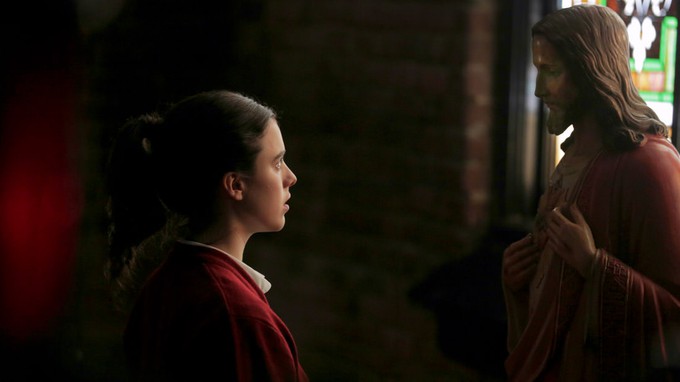Ain't It Cool News (www.aintitcool.com)
Review
SUNDANCE 2017: Capone looks at two very different films about nuns–THE LITTLE HOURS and NOVITIATE!!!
Hey everyone. Capone in Park City, Utah, covering the Sundance Film Festival. Right now, I have two very different film about nuns, some of whom are extremely horny. Enjoy…
Readers Talkback



